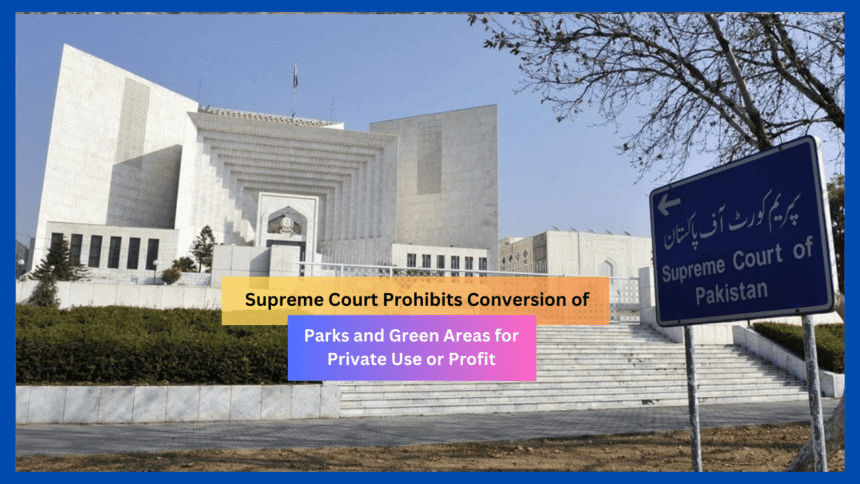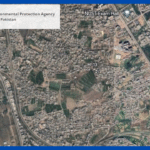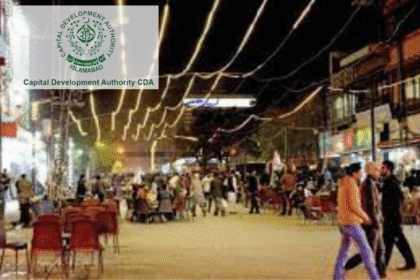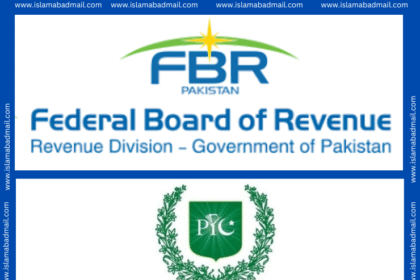Nadeem Tanoli
Islamabad : The highest court in the land has issued a judgement that is noteworthy, declaring that designated parks and green areas shall not be transformed for exclusive private use or profit. This ruling came from the court that has the most power in the land. In a judgement that was 21 pages long, the Supreme Court of Pakistan, presided over by Justices Qazi Faez Isa and Syed Hasan Azhar Rizvi, stated that every designated park or green area ought to be kept and accessible for the use and benefit of the general public.
Illegal Construction in H-13 Sparks Environmental Concerns
The verdict of the court was reached as a result of a petition that had been presented against the unlawful allotment of a second property to the managing director of the National Police Foundation.
CDA Warns Samana Smart City and Sawan Farm House Against Illegal Housing Development
The petitioner contended that the plot that was allotted to them was initially intended to be a park or other type of green area according to the layout plan that was created by the Capital Development Authority.
CDA Takes Action Against Overcharging Vendors in Picnic Spots
The issue of important people illegally obtaining land at the expense of the less affluent and the homeless was brought to the attention of the Supreme Court, which led to the overturning of a dismissal that had been handed down by the Islamabad High Court. As required by the Constitution, the court stressed the significance of preserving a just social order and cultivating a feeling of community. The Constitution envisions Pakistan as a democratic state that is based on Islamic ideals of social justice.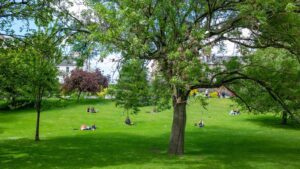
The court also emphasized that when a second plot is allocated to the same person, it deprives another individual of their entitlement. This was a point that had been emphasized earlier. It criticized the practice of providing land to members of the elite at prices that were subsidized or below market value, highlighting the fact that such actions are detrimental to the interests of the state. The court made the point that land is a valuable asset that belongs to the state, and that giving it away for free or selling it at a discount to influential people hinders the state’s capacity to lower its debt loads and find solutions for poverty.
In the specific instance that involved the National Police Foundation, the court reprimanded the organization for putting both its own interests and the interests of those who benefited from it in jeopardy by allotting a second plot to the managing director of the organization. It was alleged that such acts were taken with the intention of soothing or facilitating privileged individuals, drawing attention to the fact that those in charge of a charitable trust failed to execute their responsibilities.
The judgement noted that there may be arguments for supporting government officials in acquiring dwellings by supplying them with plots at subsidized rates. Specifically, the ruling acknowledged that there may be justifications for giving plots at subsidized rates. On the other hand, it was highlighted that this privilege should not be abused in order to advance one’s own financial interests.
In addition, the court brought attention to the predicament of the underprivileged in Pakistan, who have a difficult time finding accommodation and making a living, while the wealthy take use of the country’s land riches for their own gain. It issued a warning that this sense of entitlement on the part of the elite is undermining the state and contributing to the creation of an environment that cannot be sustained.
In terms of legal remedies, the ruling referred to Article 175(2) of the Constitution, which states that the legislature or the Constitution may bestow jurisdiction upon the courts. It made clear that an appeal within a court is a statutory remedy and that it does not inhibit the Supreme Court’s ability to exercise its appellate authority. In proper circumstances, the Supreme Court has the authority to circumvent the necessity to pursue all available appeals within the lower courts and instead decide individual cases on its own.
In addition, the ruling accepted that, according to Article 199 of the Constitution, the National Police Foundation might, under certain circumstances, fall within the jurisdiction of the Supreme Court.





